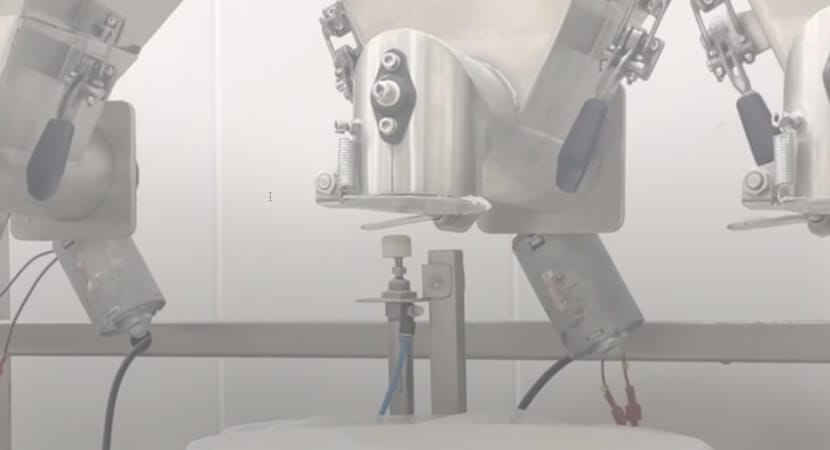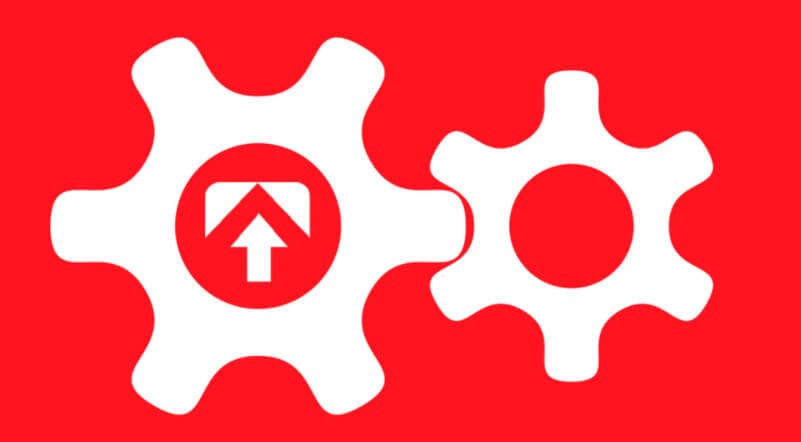By Lucas Pottmayer, CEO of Sigamaq, a Brazilian company specializing in post-oven process solutions
Considered a leading player in the food and beverage segment in Brazil, the baking sector has all the requirements to continue growing on a large scale in the coming years. It is estimated that there are more than 70,000 bakeries in Brazil, not counting the large industries that lead the sector with the production of not only the classic bread roll, but a variety of breads, cakes, sweets and related items. According to the Food Business Development Institute (IDEAL), from January to May 2023, the sector had a turnover of more than R$58 billion. And one of the main factors responsible for boosting the baking sector, especially in the industrial area, has been technology.
The Industrial Internet of Things (IIoT) is one of the most important innovations in this regard, because it provides managers with accurate information about their production line and makes decisions that can boost the productivity and quality of their products. This technological advancement is revolutionizing the way large bakery industries operate, offering a multitude of benefits ranging from production control to food safety.
One of the main advantages that IIoT offers to large bakery industries is improved production control. By implementing sensors and connected devices throughout the production line, companies can now monitor each step of the process in real time, even from a distance. This not only increases efficiency, but also allows for faster and more informed decision-making. By having access to accurate data on production performance, managers can quickly identify areas for improvement and optimize processes to ensure more efficient and profitable operations. For example, it is possible to identify the volume of sealed packages, the time taken to cool the bread, the cutting speed and the accuracy of slicing this product, among many other data.
Another benefit of IIoT is the ease of technical assistance for equipment: with constant monitoring of the machines, it is more assertive to identify when some type of adjustment will be necessary and what intervention will be necessary. The data generated by this technology also allows for a more in-depth analysis of any eventuality and provides decisive information for designing updates or improvements in performance.
In addition, IIoT is playing a fundamental role in managing the shelf life of bakery products, that is, the time a bread has on the shelf, between delivery and consumption. Machinery integrated into the industry’s management systems can indicate, for example, the difference in shelf life between sealed products or those simply tied with string; the efficiency of the application of anti-mold; and the possibility of streamlining processes so that the product reaches the customer more quickly. With more effective shelf life management, bakery industries can reduce losses and ensure the quality of the products that reach consumers. In internal studies, we have already identified, for example, the possibility of a 30% increase in the shelf life of the product through the automation of post-oven processes. Care that avoids human contact, efficient sealing, and cooling in an ideal structure and temperature contribute to the result.
With less human intervention in production processes, there is less room for error and cross-contamination, resulting in safer, higher-quality food. This is a truly efficient path that can lead Brazilian industry to a high degree of competitiveness, including on an international level.
By embracing this technology, companies can not only improve their operational efficiency, but also ensure the quality and safety of the products they supply to their consumers.



